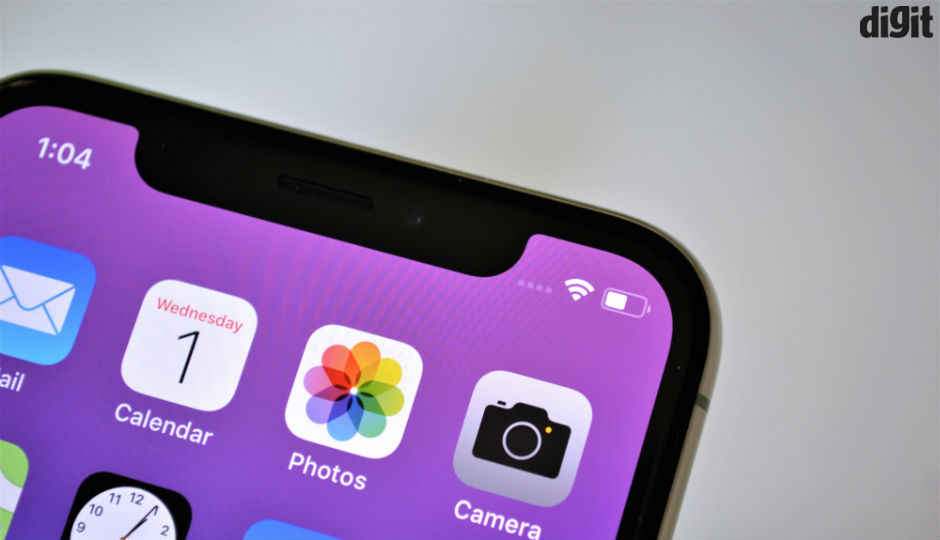Apple loses legal battle against independent iPhone repair shop owner
Apple sued a Norwegian repair shop over 63 aftermarket iPhone 6 and iPhone 6S screens, claiming it as a violation of their trademark

Last year, Apple had sent a legal notice to an independent Norwegian electronics repair shop PCKompaniet owned by Henrik Huseby, asking them to immediately stop using aftermarket iPhone screens at his repair business and that he pay the company a settlement. In the legal notice by Apple lawyers, Huseby was asked to furnish “copies of invoices, product lists, order forms, payment information, prints from the internet and other relevant material regarding the purchase [of screens], including copies of any correspondence with the supplier,” in order to avoid being sued. The notice further said that “… we reserve the right to request further documentation at a later date.” Huseby decided to fight the case and won.
 Survey
SurveyMotherboard reported the story originally and said that the point of contention was the 63 iPhone 6 and iPhone 6S aftermarket screens that Huseby had ordered from suppliers in Asia as spare parts. These were seized by Norwegian Customs officials because Apple logos on the inside components of the screens “had been covered up by ink marker. The ink marker could be removed with rubbing alcohol,” according to the Oslo District Court decision that ruled in favor of Huseby. Apple’s case rested on the fact that the parts seized displayed Apple trademarks without their authorization.
The court, however, felt otherwise. Huseby told the court that “PCKompaniet has never removed the coverup of the Apple logo on the screens that have been imported and has no interest in doing so. PCKompaniet does not pretend or market itself as Apple authorized and does not give any indication that the repair comes with an Apple warranty.” The court ruled that “ “It is not obvious to the court what trademark function justifies Apple’s choice of imprinting the Apple logo on so many internal components.”
Apple has always been against independent repairs, often telling consumers that any repairs by unauthorized persons would result in the warranty being void. The Federal Trade Commision recently started sending out letters to manufacturers that “warranty void if removed” stickers were illegal, and that third-party repairs cannot constitute to a lapse in warranty. However, a bigger concern is Apple’s dominant role in fighting the Right to Repair legislation across the United States. Apple has continued to assert itself through trademark law and lobbied for the Right to Repair legislation to be struck down, something they succeeded in for the state of New York.
Many argue that Apple is trying to corner the repair market and turn it into a profitable business for itself. Apple only supplies “authorized” parts to its own stores and repair shops who are a part of its program. These shops have to buy the components from Apple at fixed rates and pay the company a fee to be a part of the Authorized Service Provider” program. Apple was caught throttling the performance of older iPhones last year, which turned out to be because of faulty batteries, a component that near impossible to get replaced. There are multiple reports of users who tried having the batteries on their iPhone replaced at Apple service centers but were denied because the internal diagnostic tool deemed the battery to be in healthy condition. Apple otherwise charged $70 for a battery replacement, but after news of throttling blew up in their face, Apple dropped the price to $29, temporarily.
Apple will be appealing the Oslo District Court’s decision in a higher court, but it is yet to be decided whether the appeal will be granted.
Digit NewsDesk
Digit News Desk writes news stories across a range of topics. Getting you news updates on the latest in the world of tech. View Full Profile